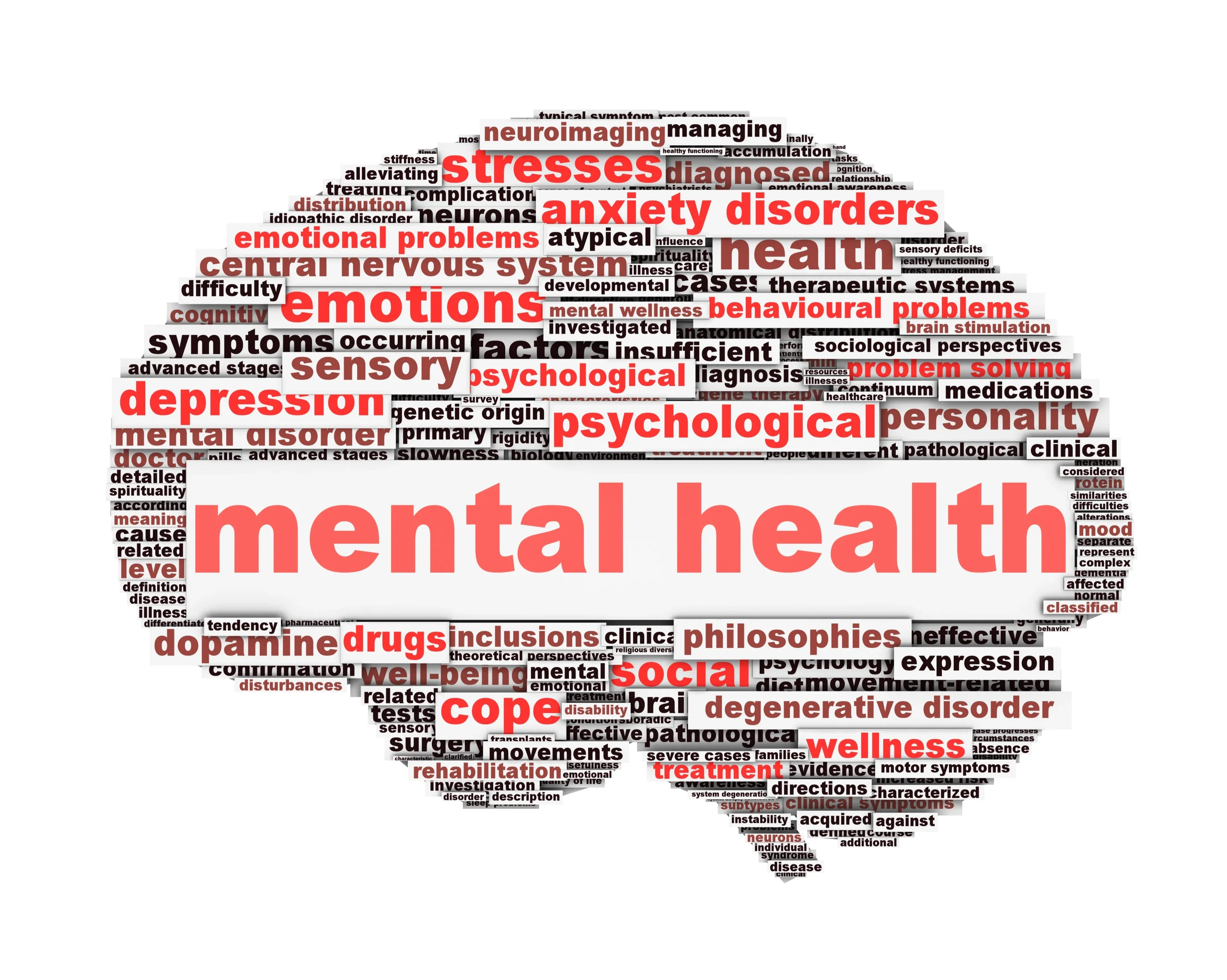The past 30 years have seen a digital revolution. The internet, social media, and AI have transformed how we live, connecting us in new ways and reshaping our perceptions of ourselves and others. Generations Z and Alpha, born into this digital world, use technology for everything from work and communication to news consumption, shopping, and even for mindfulness or fitness practices.
While this digital world offers incredible opportunities, it also presents significant challenges to our mental well-being. The average person spends 6 hours and 40 minutes per day on screens. This “always-on” lifestyle contributes to rising rates of anxiety, depression, and stress. The WHO reported that in 2019 one in eight people globally (970 million) lived with a mental disorder, a number exacerbated by the pandemic, which coincided with increased screen time and reliance on digital platforms.
Social media can be particularly harmful. People experience intense pressure to conform and maintain a perfect online persona. Negative online interactions and the constant flow of information can be overwhelming and damaging to self-esteem. The documentary The Social Dilemma (2020) explores also how social media, driven by AI algorithms designed for profit, manipulates users, particularly Gen Z, contributing to issues like hate speech, misinformation, and declining mental well-being.
Despite the challenges, the digital age also provides valuable mental health resources like online therapy, mental health apps, and support groups. Finding a healthy balance with technology, including digital detoxes and mindful usage, is crucial for navigating the digital world safely and protecting our well-being.
Author: Chiara Monterosso, JUMP


